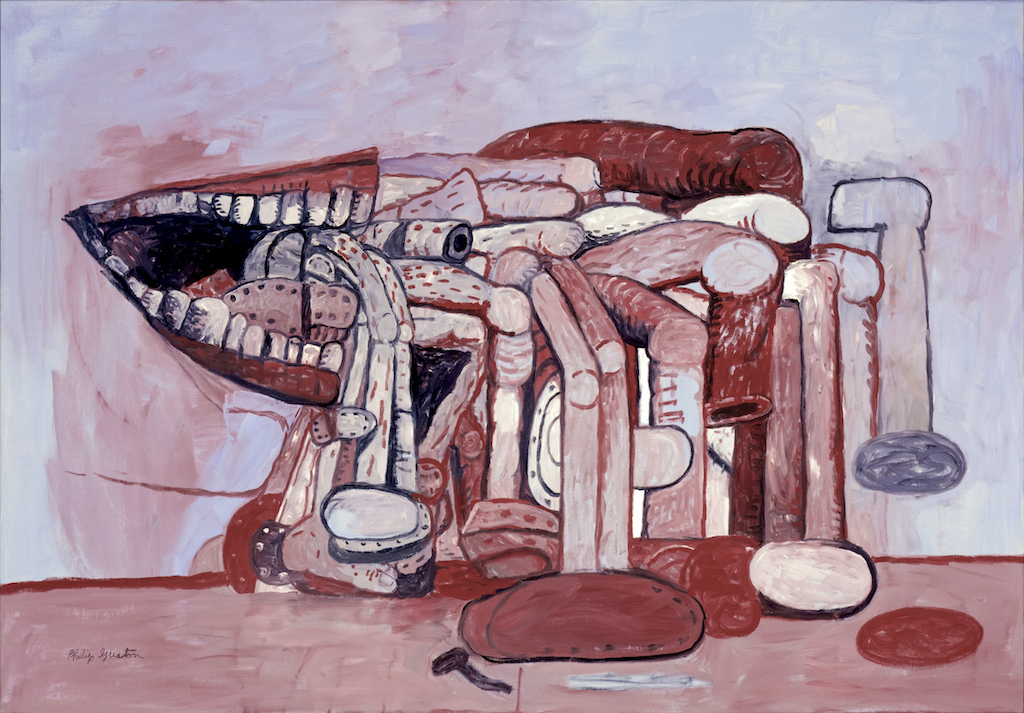Abstraction, Paranoia, Transcendental Philosophy, and the Limits of Thought Instructor: Daniel Sacilotto Date & Time: Sundays May 16, 23, 30, June 6 14:00 to 16:30 ET

DESCRIPTION: This seminar traces key moments in the history of transcendental philosophy, departing from its overt elaboration in Kant’s critical method. At the most general level, transcendental explanations or argumentation can be understood in terms of two central postulates: i) that it is the job of philosophy to analyze the conditions of access to the world and correspondingly of empirical cognition, however these conditions, the world, or cognition themselves are ultimately to be conceived; ii) that there is a deductive schema that can show how these conditions are invariant constraints or structures of all possible experience, however experience is ultimately conceived.
Departing from this minimal, methodological core, the history of transcendental philosophy has unfolded as a progressive radicalization of its incipient, Kantian formulation in terms of the investigation into the possibility of synthetic a priori judgments within a representational account of experience. Thinkers after Kant have accordingly sought to interrogate both the forms of mediation that condition our experience of the world beyond those explored under Kant’s account of apperceptive consciousness, as well as the cogency of the deductive procedure proposed therein in the form of a ‘transcendental logic.’ Such attempts have thus expand our understanding of experience beyond the sensory and conceptual forms examined by Kant, exploring practical, linguistic, historical, and cultural, forms of mediation. From neo-Kantian attempts to naturalize Kant’s insights in the wake of developments in the natural and social sciences, to Husserl’s formal ontology and phenomenological account of intentionality, to Heidegger’s existential analytic of Dasein’s’ being-in-the-world, to Deleuze’s transcendental empiricist account of larval subjectivation, to Laruelle’s non-philosophical project for a “first science” for both philosophy and science. In this trajectory, we shall see, transcendental discourse follows a vector of increasing abstraction, at every turn revealing uninterrogated assumptions in previously identified forms of intentionality and experience. In the name of science, philosophy, or post-philosophical ‘thinking’, the prospects of “laying the ground” for metaphysics turns out to harbor latent metaphysical prejudices, that transcendental inquiry seeks to exorcise and conceptualize.
As the conditions of all possible experience turn out to be in themselves conditioned, laden with dogmatic assumptions, the very resources of a transcendental logic or theory become increasingly precarious. Accordingly, as this vector of radicalization proceeds, transcendental inquiry progressively leads philosophy into a general crisis. For as the investigation into the conditions of all possible experience can never secure a stable foundation, the very possibility of freeing philosophy from dogmatic metaphysics becomes ever more elusive. As critical epistemological, fundamental ontological, and ethical vocabularies become themselves interrogated, the critical impetus to examine the conditions of all possible experience or access to the world devolves into a generic methodological paranoia, eroding the constructive and positive pretensions of philosophical discourse as a whole.
In the first week, we examine the initial configuration of the transcendental method in Kant’s first critique, and its subsequent problematization in Fichte’s attempt to ground the positional reflexivity of the subject of apperception.
In the second week, we examine the elaboration of the transcendental project into a formal ontology in two successive arcs: the formal ontological investigation of intentionality proposed by the transcendental phenomenology of Edmund Husserl and its proposed mathematical formalization into an eidetic geometry by Jean Petitot, and Martin Heidegger’s displacement of objective intentionality within an existential analytic of Dasein’s being-in-the-world, reaching its terminal crisis as he attempts to derive human temporality from time as such.
In the third week, we examine the attempts to pursue a materialist transvaluation of transcendental idealism in Gilles Deleuze’s transcendental empiricist program, and Gabriel Catren’s recently elaborated ‘phenoumenological’ project.
In the fourth and final session, we examine the attempts to draw out the transcendental conditions for immanence, looking at Michel Henry’s account of radical immanence, and Francois Laruelle’s attempt to leverage a non-philosophical, ‘axiomatic’ ‘first science’ that subtracts transcendental inquiry from philosophy and functions as a mode of discourse according to the condition of Real immanence or “the-vision-in-One”.
IMAGE: Philip Guston, Painter’s Forms II, 1978
To see The New Centre Refund Policy CLICK HERE.
To see The New Centre Refund Policy CLICK HERE.